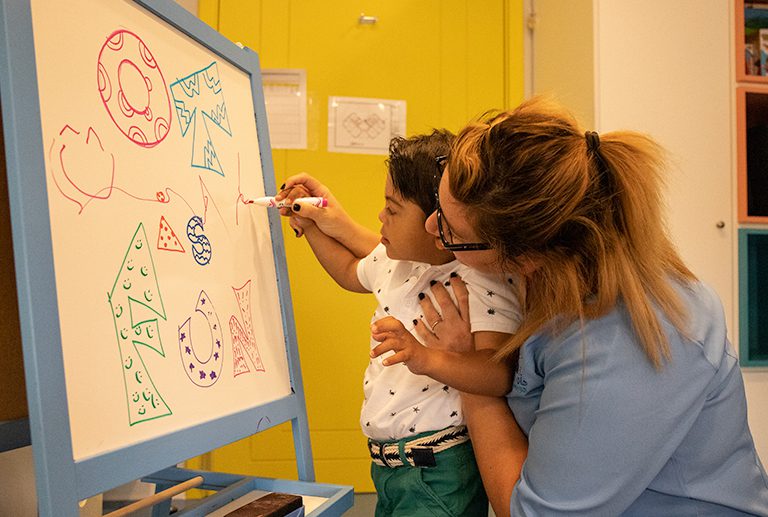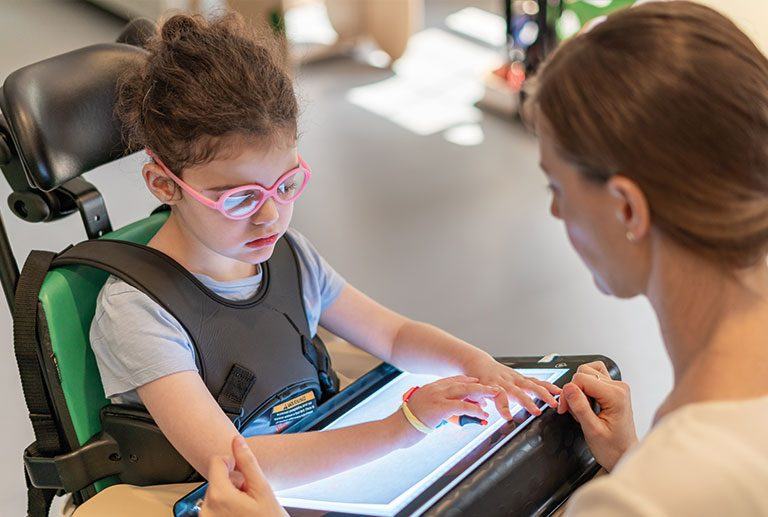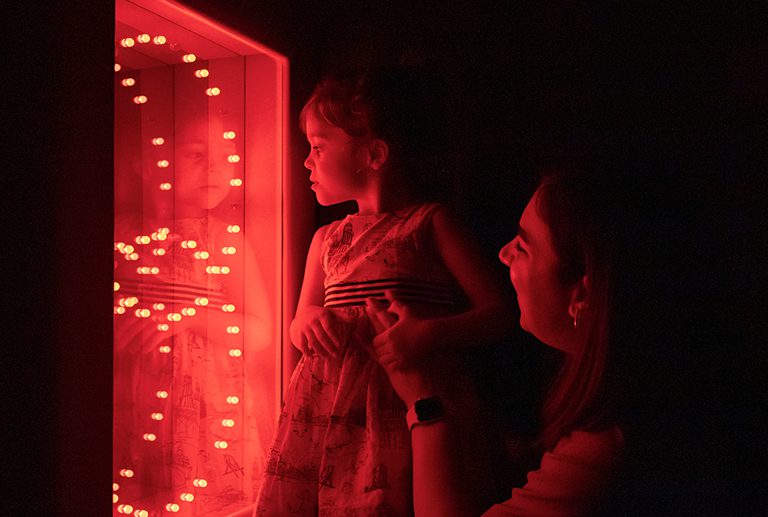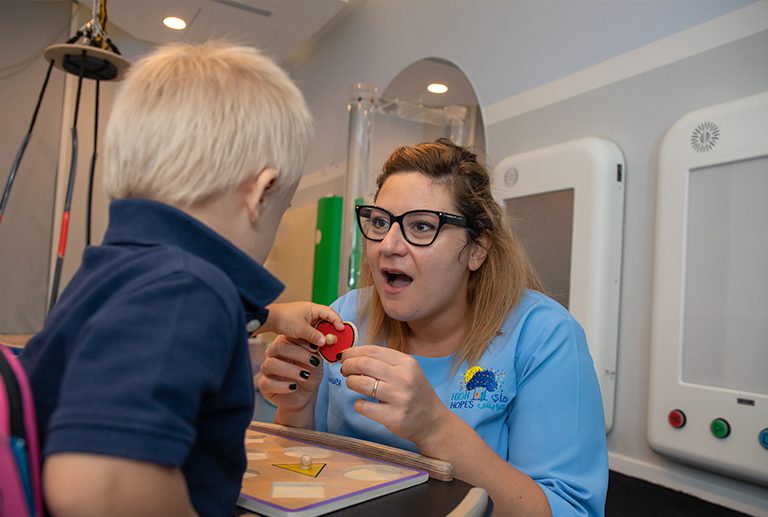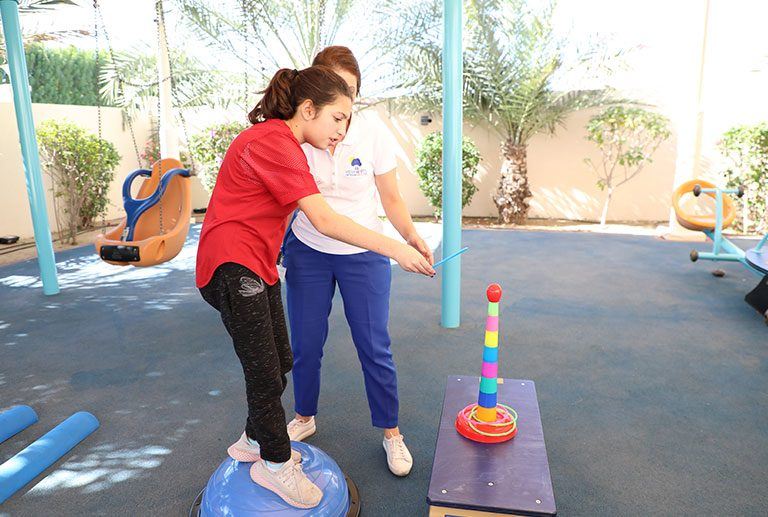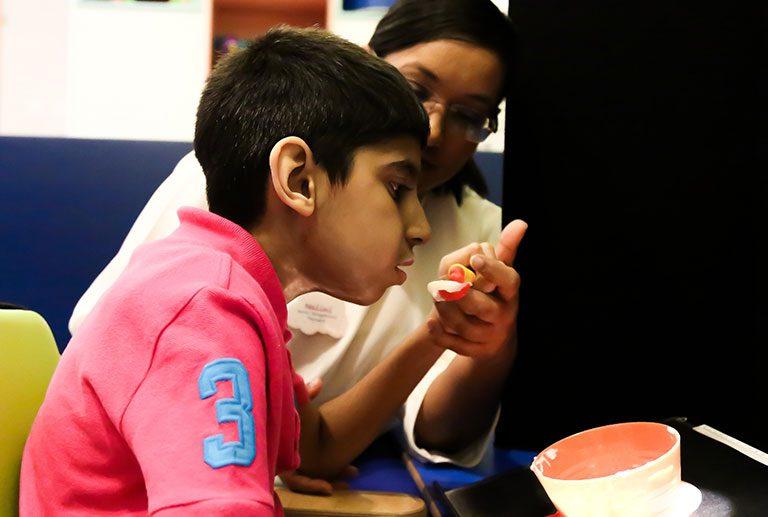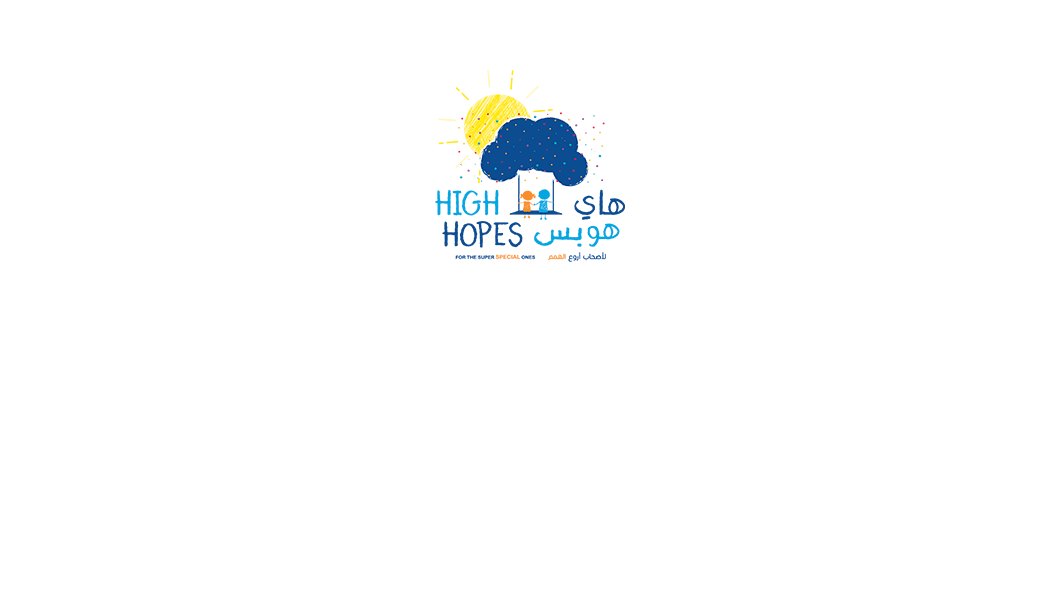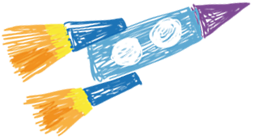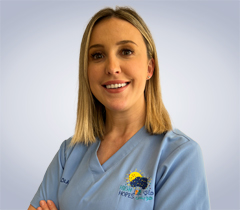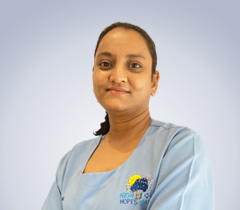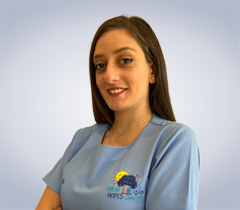The occupation of a child is to play, learn, grow and develop!
The Occupational Therapists at High Hopes work with infants and children up to the age of 13. They help empower the child and family to foster participation and independence in essential activities or occupations. Occupational therapy treatment here uses play-based activities to develop important motor, cognitive, sensory and behavioural skills.
Development of these areas is targeted to improve participation in valued daily activities like dressing, feeding, writing, play and social participation. Interventions can include environmental modifications, positioning, use of adaptive equipment, feeding and swallowing strategies, remediation techniques, and client and caregiver education.
Our Occupational Therapy team is one of the best in Dubai and are experts in the following Occupational Therapy platforms:
- CIMT – Constraint Induced Movement Therapy: This is where the child’s less-impaired hand or arm is constrained for 2-3 weeks to encourage the use of their affected hand or arm in repetitive, intensive daily therapy directed exercises and activities.
- HABIT – Hand Arm Bimanual Intensive Training: This is a form of functional training that focuses on improving the coordination of both hands using structured task practise embedded in bimanual play and functional activities.
- NDT – Neuro-Developmental Treatment: This therapy uses guided or facilitated movements to help people who have difficulty controlling their movement as a result of neurological challenges such as cerebral palsy, stroke or a head injury.
- ADL – Activities of Daily Living: These are an individual’s self-care tasks such as dressing, bathing, eating and grooming.
- AT – Assistive Technology: An assistive technology device is any item, piece of equipment or a product system, whether acquired commercially, modified or customised, that is used to increase, maintain or improve the functional capabilities of individuals with disabilities.
- SI – Sensory Integration Therapy: Sensory Integration is about how our brain receives and processes sensory information, thus enabling us to perform our daily tasks.
- Feeding Therapy: Problems addressed may include difficulty with physically bringing food to the mouth, sensory aversions, psychological eating disorders and dysfunction related to cognitive impairments.









